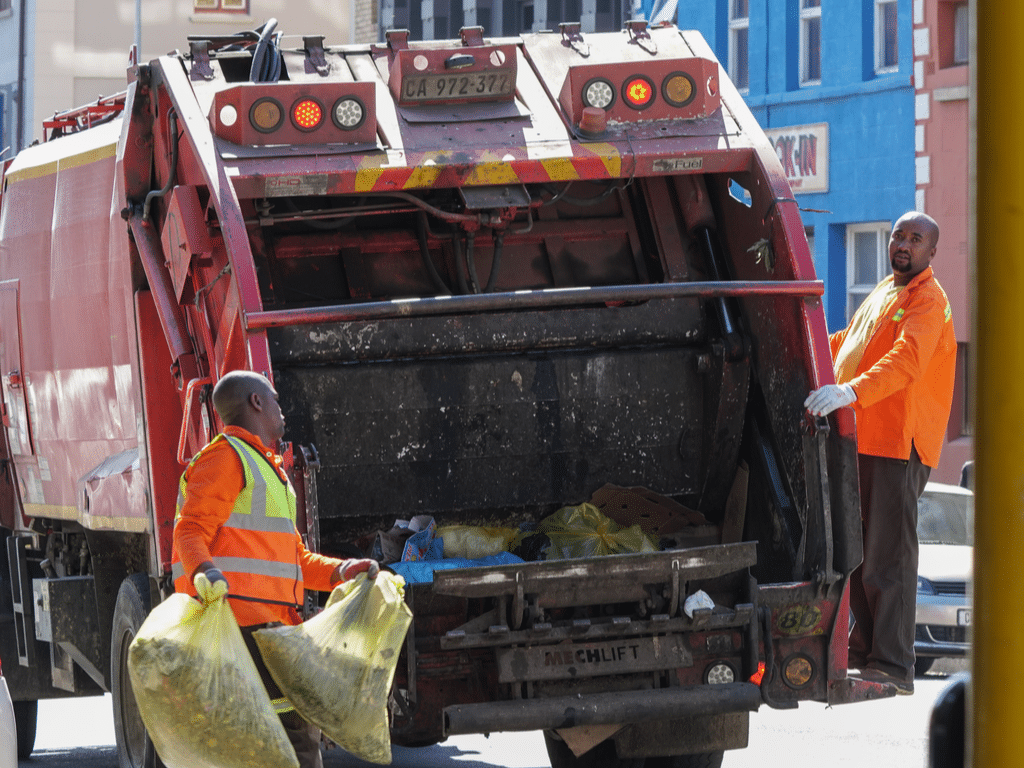Senegal is undergoing rapid urbanisation, which is straining the capacity of municipalities to manage their waste effectively. In 2019, the West African country produced more than 4 million tonnes of waste, according to the Solid Waste Coordination and Management Unit (UCG).
The UCG wants to de-pollute Senegal’s municipalities. The government agency recently launched an emergency initiative to eliminate illegal dumping in municipalities in seven regions of the country. The UCG has given itself three months to clean up the targeted areas by setting up rubbish collection systems. “We have started with the communes in the regions of Kaolack and Fatick. We will continue with the regions of Thiès, Diourbel, Ziguinchor, Saint-Louis and Matam,” says the UCG. The public body plans to spend between 150 and 200 million CFA francs (between 228,700 and about 305,000 euros) for this waste collection operation.
Preservation of the environment
Through this initiative, the UCG hopes to contribute to the preservation of the environment. The organisation is also piloting a project to rehabilitate the Mbeubeuss landfill site near the Senegalese capital, Dakar. The site receives the waste of some 3 million inhabitants of the Senegalese capital. This waste represents 80% of the country’s waste.
The project to rehabilitate the Mbeubeuss landfill is part of the “zero waste” programme. This is a change of approach, which rethinks the waste collection system in order to allow, on the one hand, the recycling of components (plastic, glass, paper, etc.) and, on the other hand, the industrial destruction of materials deemed toxic, dangerous, or harmful to public health and the environment.
In March 2020, Senegal received $125 million from the International Development Association (IDA), a subsidiary of the World Bank, for the rehabilitation of the Mbeubeuss landfill.
Inès Magoum
